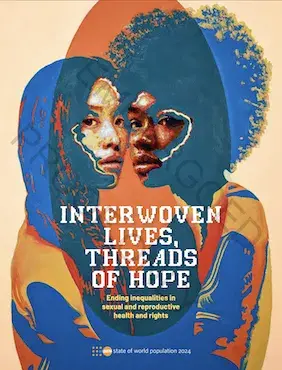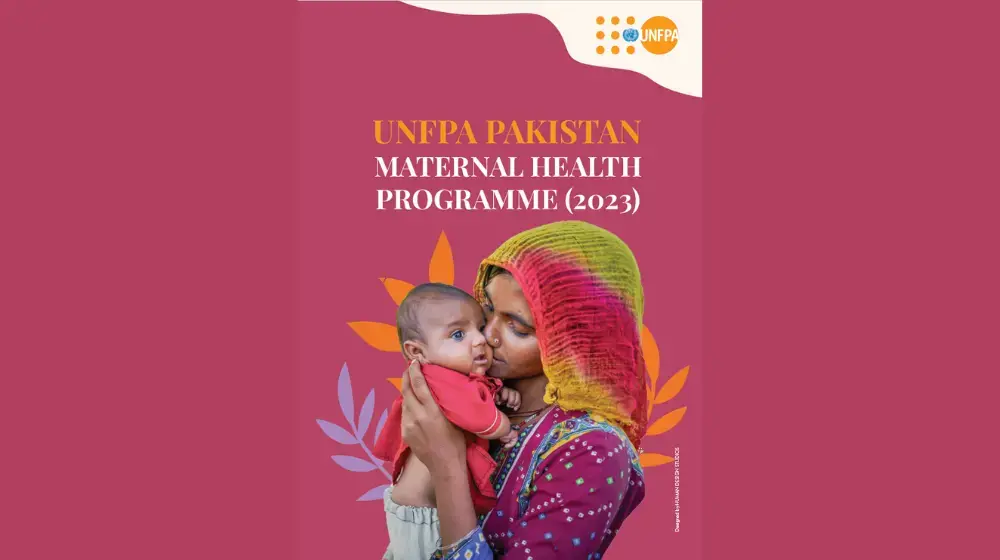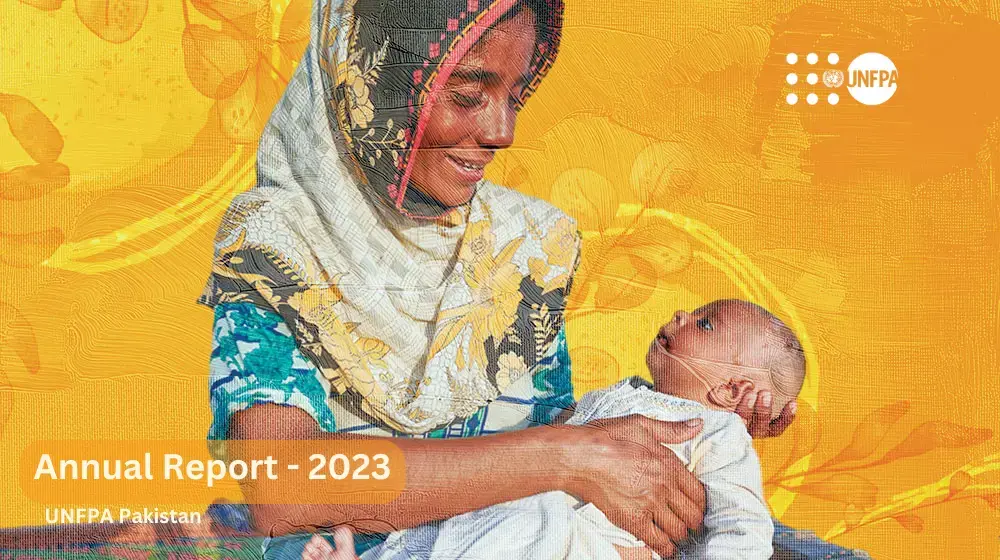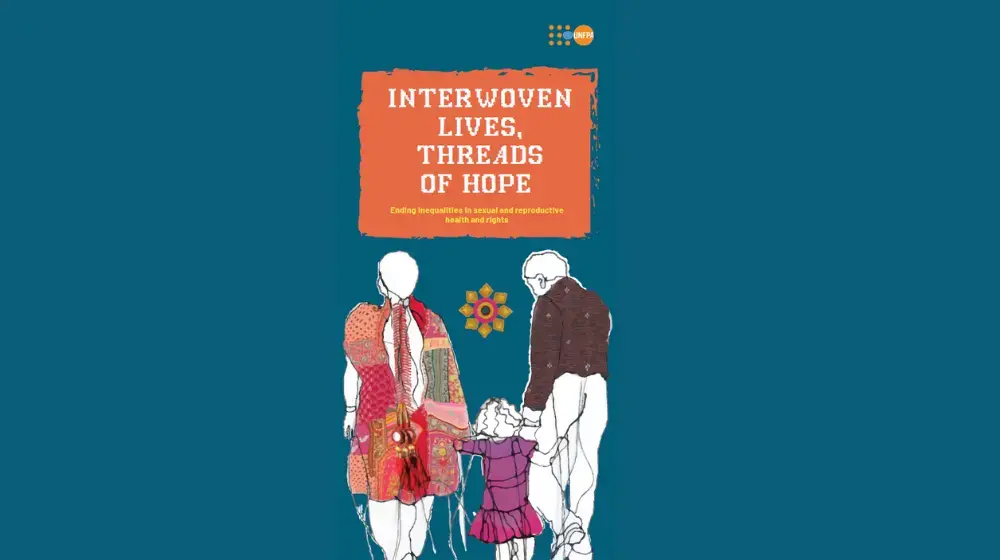Thirty years ago, governments around the world agreed that reproductive health and rights are foundation stones of global development – a groundbreaking consensus that paved the way for decades of progress. Since then, the global rate of unintended pregnancies has fallen by nearly 20 per cent globally. The number of women using modern contraceptive methods has doubled. Today at least 162 countries have adopted laws against domestic violence, and maternal deaths have decreased by 34 per cent since 2000.
Yet that progress has not been fast enough, nor far-reaching enough. Gender-based violence remains rampant in practically every country and community. There has been zero reduction in maternal mortality since 2016, and in an alarming number of countries the rates are rising. Nearly half of women still are unable to make decisions about their own bodies — unable to exercise their sexual and reproductive health and rights.
One important reason is inequality. New evidence in this report shows that although women across socioeconomic classes and ethnicities say barriers to health care have come down over time, the women most marginalized have experienced the least improvement. In other words, while the world has focused on serving the easiest to reach, we have neglected to confront the inequalities and disparities within our systems and societies, which has allowed gaps to widen into chasms.
Everywhere, people seeking essential sexual and reproductive health care are forced to navigate overlapping hurdles because of their gender, economic status, ethnicity, sexual orientation, disability and more. In the few places where data are collected, women of African descent are found to be more vulnerable to obstetric mistreatment and negative maternal health outcomes. Indigenous women are often denied culturally appropriate maternal health care, and their own childbirth practices may be criminalized, resulting in significantly higher risk of death in pregnancy and childbirth. Gender-unequal norms remain embedded in health-care infrastructure, including persistent underinvestment in the world’s largely female midwifery workforce. Women and girls with disabilities face up to 10 times more gender-based violence while also facing higher barriers to sexual and reproductive information and care. LGBTQIA+ people face serious health disparities in addition to – and as a result of – discrimination and stigma.
The path forward to fulfill the Cairo International Conference on Population and Development promise of universal sexual and reproductive health and rights is clear: To achieve it we must root out inequalities from our health systems and policies and focus as a priority on those women and young people who are most marginalized and excluded.
We need comprehensive, universal and inclusive health care grounded in human rights and evidence of what works. This work is vitally important, it is just, and it is possible. This report contains many examples of programmes and efforts that have expanded access to, and uptake of, quality care, usually with interventions tailored by and for those most in need. To accelerate success, we will require more and better data, disaggregated to understand exactly who is being left behind, and collected with their input and safety assured.
A diverse cross-section of people, from feminists to indigenous groups to climate and youth activists, are already pointing the way forward towards a fairer, shared future.
In the end, ensuring equitable progress will benefit all of society. That is important in its own right, and the dividends of achieving a more just and gender-equal world could also add trillions of dollars to the global economy.
The fabric of humanity is rich and beautiful, a tapestry composed of 8 billion threads and counting, each one of us unique. Our resilience comes not from any individual strand but emanates from the collective, interwoven whole. That is our strength, and it is how we will proceed and succeed by working together.
Dr. Natalia Kanem
Executive Director
United Nations Population Fund





